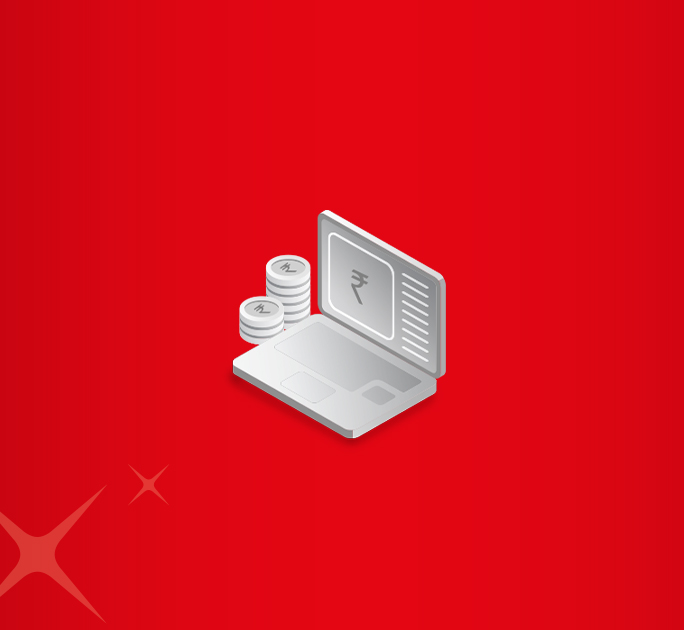Retirement…a time to stop worrying about waking up each morning and reporting in to work. You can live life your own way, enjoying the pleasures of life. Traditionally, retirement age was considered based on a person’s health. After 60, your health begins to decline, leaving little room to handle work-related stress. Now, however, age has nothing to do with retirement, in fact, quite a few people prefer retiring when they’re as young as in their 40s.
This begs the question: How do early retirees afford it? Before we get to this question, you should know, the concept of ‘retirement’ is a bit different now. Most people who leave regular jobs before 60, may not have a regular salary, but they do have an alternate income source. Some have the time to pursue hobbies or passions, some work part-time, or, become consultants. Leaving a 9-5 job to lead a leisurely life, isn’t something you should do in a hurry. Here are 4 things you should definitely do before, retiring early:
Inculcate the Habit of Saving:
Usually you would spend 80%-85% of your salary and save 15%-20% of it. If, however, you decide to retire by 45, you’ll need to set aside more. Let’s say you’re in your late 20s, most finance experts recommend a spend to save ratio of 70:30. Which means, you’ll need to save twice the amount, than you would’ve done otherwise. As you grow older, you might have to set aside at least 50% savings.
Clear Your Debt:
Any loans you may have taken, may need to be paid off before you plan to retire. Since you won’t have a regular source of income, it’ll be difficult to pay EMIs on your loans. Moreover, the quicker you pay off your debts, the lesser will be your burden on finances.
Adjust for Inflation:
Early retirement planning entails not just providing for secure future, but also for expected inflation. The value of ₹1000 today will not be the same as 10 years from now. The rate of inflation has been 7% (a bit more or less), since 2008. When calculating how much money you’ll need after retirement, remember to add at least 10% more. You can try using an online calculator which will give you an estimate. According to experts, if you’re in your early 20s, your monthly contribution to retirement savings can be as low as ₹5000. However, as you grow older, you may need to increase this amount upward of ₹20,000, per month.
Begin Investing:
Simply setting aside savings, does not compound wealth. While it’s great to save, you also need your money to work for you. Choose from multiple traditional, or, modern, investment options, in either debt or equity. When you invest these are some things to consider.
Number of Years Until Early Retirement:
If you’re between 25 to 35 years and you decide to retire by 45, you have at least 10 years to plan. You may prefer moderate to high-risk investments. These give good returns on investments. However, you do need to ensure, that the rate of returns for these are higher than expected inflation rates. So, let’s say, you expect inflation to increase by 7% in 10 years, your investment should give you returns of at least 15%.
Your Risk Appetite:
If you’re averse to any market-associated risk, you may consider debt mutual funds or traditional investments like Fixed Deposits, or, Term Insurance plans. If, however, you can bear some risk, you might opt for equity mutual funds which can give potentially higher returns in the long term.
Align Your Financial Goal with the Investment:
Whether you choose to invest for dividend, growth, or, stability, study each financial products’ goal, before investing. Mutual funds offer the most diversity, when it comes to aligning your personal financial goals, to a fund’s strategy.
Investment Costs:
It always helps to choose investment products which are not expensive. Incurring heavy costs on entry and redemption, cuts into your capital investment. The best investments are those which are cost-effective and leave your initial investment amount untouched.
To choose the right Mutual Funds to invest in Click Here
DBS Bank offers Mutual Funds that are instant, paperless, signatureless – even transaction fee-less! What’s more? You get to choose from 250+ Mutual Funds across 15 top-performing asset management companies. So why wait? Login to digibank (app or internet banking) and start investing in a flash with instant Mutual Funds on DBS Bank.
Read up more on Mutual Funds here
Mutual Fund investments are subject to market risks, read all scheme related documents carefully before investing.






